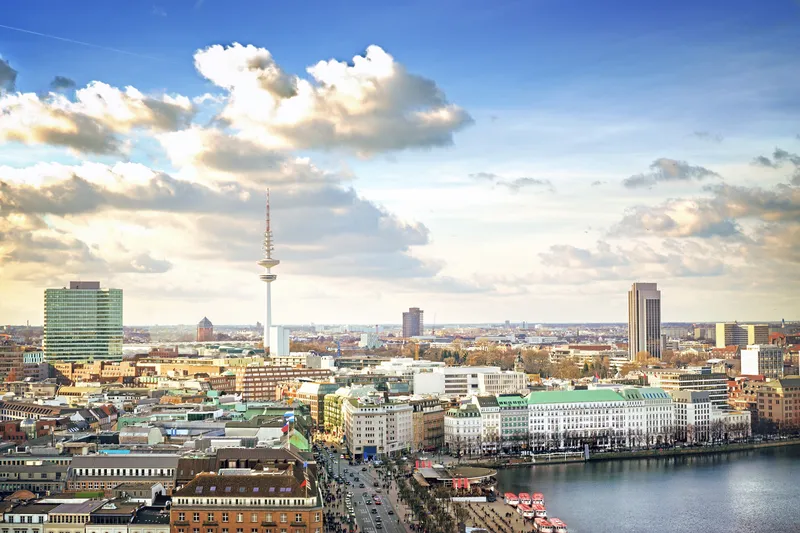The European Bank for Reconstruction and Development (EBRD) is helping to inject private finance into the modernisation of Poland’s municipal transport system with a loan for the construction and operation of an underground car park in the historic part of Wroc³aw, Poland’s fourth largest city.
April 20, 2012
Read time: 2 mins
The 2001 European Bank for Reconstruction and Development (EBRD) is helping to inject private finance into the modernisation of Poland’s municipal transport system with a loan for the construction and operation of an underground car park in the historic part of Wroc³aw, Poland’s fourth largest city.
This will be the first project in Wroc³aw to be implemented under a Public Private Partnership (PPP) scheme. The project also launches the city’s programme to carry out urban transport improvements in order to reduce congestion and further boost economic development in south-western Poland.
The EBRD is providing a PLN 31.3 million (US$11.21 million) loan to Immo Park, a special purpose vehicle created to finance the construction and operation of the underground car park, and owned by a specially-established consortium led by the Portuguese Mota Engil group.
Following its successful participation in the tendering process, the city of Wroc³aw has awarded Immo Park a 40-year concession to develop, build, operate and maintain the parking facility under the city’s historic Nowy Targ Square.
The project includes the construction of a car park intended for parking 331 vehicles, as well as the refurbishment of the old square, which will see new lighting, benches and trees. The construction works are planned to be completed by July 2013.
This will be the first project in Wroc³aw to be implemented under a Public Private Partnership (PPP) scheme. The project also launches the city’s programme to carry out urban transport improvements in order to reduce congestion and further boost economic development in south-western Poland.
The EBRD is providing a PLN 31.3 million (US$11.21 million) loan to Immo Park, a special purpose vehicle created to finance the construction and operation of the underground car park, and owned by a specially-established consortium led by the Portuguese Mota Engil group.
Following its successful participation in the tendering process, the city of Wroc³aw has awarded Immo Park a 40-year concession to develop, build, operate and maintain the parking facility under the city’s historic Nowy Targ Square.
The project includes the construction of a car park intended for parking 331 vehicles, as well as the refurbishment of the old square, which will see new lighting, benches and trees. The construction works are planned to be completed by July 2013.








